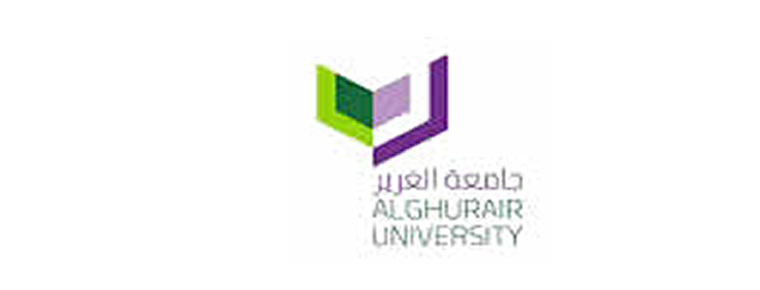Our Elementary School
Our Elementary School will inspire and challenge the children and promote happiness and well-being at all times.
In the last year, the state of New York has revised their standards to ensure rigor and fostering 21st century skills. They previously used the Common Core State Standards. These Next Generation Learning Standards focus on supporting all learners (language learners, special education learners) while maintaining high quality teaching and learning. This set of standards will provide our school with a framework for English Language Arts and Mathematics in the future and, from the outset, we will use Common Core State Standards for English Language Arts.
The New York State Curriculum provides an entitlement curriculum up to the end of Grade 8, which means that students in each age cohort will study the same subjects, regardless of their background, nationality or level of academic attainment. In High School, the curriculum adds options or electives to a smaller entitlement core.
We will provide a rich international curriculum that is relevant to the communities in Dubai who will seek a place at the school. The school will celebrate this diversity, every day, and will ensure that all children learn about their own background and identity, while growing up in a truly international city.
The approach to ensuring that students gain a truly international outlook, consistent with the school’s vision and mission, involves:
- decorating the facilities with flags and display features that celebrate the diverse nationalities who live in Dubai
- regular assembly that engages the students in the modern life of Dubai and in thinking about global issues
- curriculum accommodations in subjects that broaden students’ global knowledge and experience (for example, to allow studies of Middle Eastern and Asian history alongside that of Britain and Europe)
- cross-curricular challenges each term that engage students in responses to global events such as the Olympics and Expo 2020, earthquakes and floods, environmental issues, civil wars, forced migration, poverty and educational disadvantage)
- whole-school celebration of key festivals
- honoring the culture of the UAE and the Arab world, through assembly, playing and singing the National Anthem, making cultural visits and inviting speakers
- studying the role of the United Nations and UNESCO in promoting peace and international understanding
- partnering schools on other continents, with online exchanges between students and collaboration in investigating how peoples live
- studying the way that communication media – including social media – works in different countries and understanding different cultural sensitivities
- honoring the origin and identity of every student and staff member in the school, through recognising birthdays, festivals, dress, food preferences and anniversaries of important events
Delivery of this curriculum will be strengthened by including:
- language instruction from native speakers in Arabic, French and Spanish (with annual spoken language competitions)
- learning about the culture and values of the UAE (with community projects, speakers, research exercises for example to examine the economics and social composition of Dubai, and cultural visits)
A program of social and cultural studies will be embedded in the scheduled teaching time for citizenship, history and geography throughout each school phase. In elementary school, teachers will develop themed subject and cross-curricular modules that combine citizenship, social studies and social learning. Key modules will address: forms of government and democracy; citizen’s rights and responsibilities; Dubai’s economic foundations; poverty; the causes and resolution of conflict and wars; pollution and corruption; the contribution of the ancients; the advance of science; discovery and colonisation. This program will be enhanced in assemblies, through clubs and societies and with termly cross-curricular challenges for students to engage with, individually and in groups.
The school will implement the Moral Education Program (MEP), published by KHDA in 2017. Time will be given both to moral education lessons and to moral issues – addressing the behavioral and affective, as well as cognitive, domains – in the course of the school week. Appendix 24 includes the MEP guidelines.
The curriculum will involve students in learning important “life skills”: how to be safe, how to accept responsibility, how to live a healthy and prosperous life, how to care for others, and how to take reasonable risks in extending themselves and learning from experience.
In the Kindergarten Grades, all children will be provided with experiences and teaching that address the core New York KG Standards and expectations: Physical Wellbeing, Health and Motor Development; Social and Emotional Development; Approaches to Learning; Cognition and General Knowledge; Language, Communication and Literacy.
The subjects offered will be as follows (double squares indicate mandatory subjects):
Subject and Age Structure of the Curriculum
| Kindergarten | Elementary | |
| Age | 4-5 | 5 – 10 |
| Grades | KG1 & KG2 | 1 – 5 |
| English Language Arts | ✓✓ | ✓✓ |
| Mathematics | ✓✓ | ✓✓ |
| Science | ✓✓ | ✓✓ |
| Technology | ✓ | ✓✓ |
| Arts (music, theatre) | ✓ | ✓✓ |
| Social Studies | ✓ | ✓✓ |
| World Language | ✓ | ✓ |
| Health, Physical Education Family, and Consumer Science | ✓ | ✓✓ |
| Career Development and Occupational Studies | ||
| Electives |


